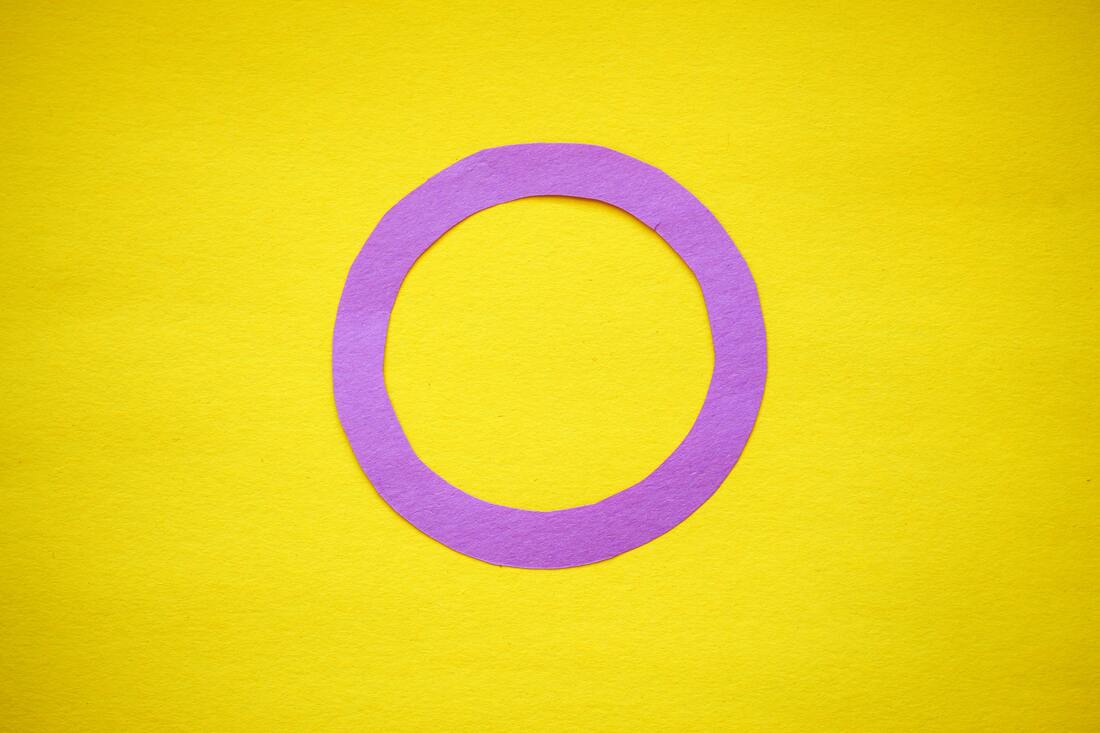|
Most people think that a person is either biologically female or biologically male despite their gender identity. This notion is outdated and incorrect. While there is a high prevalence of a biological binary, biological sex is not, in fact, binary. The intersex community is diverse and full of different sex characteristics (e.g., sex chromosomes, gonads, genitalia, hormones, or a combination). These characteristics don't fit into our social binary but exist naturally in biology. Biological Sex Most people generally believe that a person is biologically male or female based on the sex assigned at birth. A person is labeled in this binary until they are old enough to understand their gender identity. Their gender identity may or may not align with their biological sex characteristics. Generally, most humans fit into this binary, but not all. Therefore, biological sex is, in fact, non-binary. In an article written by Ari Berkowitz, Ph.D., (a Presidential Professor of Biology and Director of the Cellular & Behavioral Neurobiology Graduate Program at the University of Oklahoma), he discusses the variable biological sex characteristics, explaining why biological sex is not binary: "Many seem to feel that no matter what someone looks like, sounds like, or acts like if they have a Y chromosome, they are male. Many react to the combination of a Y chromosome and a female body as troubling or impossible. There are numerous other combinations of biological sex characteristics that also challenge notions of a simple sex dichotomy. These include people whose genitals are intermediate between a clitoris and penis. This can occur for several reasons, including because they have XY chromosomes but receptors that are partially insensitive to androgens, or because they have XX chromosomes but were exposed to extra androgens from their adrenal glands prenatally." However, humans like things to fit into neat little boxes, so we simplify, generalize, and often erase the nuance. In doing so, we erase the people whose very existence is nuanced. In some cases, alter the parts that don't fit into our little boxes. What does it mean to be Intersex? The "I" in "LGBTQIA+" represents the intersex community. This is an umbrella term for people born with biological sex characteristics that aren't deemed strictly "male" or "female." A person can be born Intersex for many reasons like androgen insensitivity syndrome, congenital adrenal hyperplasia, and about a dozen more reasons. A person may be born appearing to be "female" on the outside but also has internal testes instead of ovaries. A person could have both sets of chromosomes (XX and XY) or external genitals that differ from the set biological binary. For example, an enlarged clitoris, notable smaller penis, no vaginal opening, or divided scrotum. Intersex people do not fall under the label of transgender because intersex individuals are born with multiple sex characteristics. Doctors and parents sometimes alter external genitalia in infancy to fit them into a binary. Trans people are born with a sex that differs from their gender. Trans people can choose if hormone therapy or gender-affirming surgery is right for them. Intersex Myths We have covered two common myths so far. That biology is binary, and transgender and Intersex are the same. As we have seen, biology varies, and there is a distinct difference between a person who is transgender and Intersex. One prevalent myth is that intersex people are rare. In reality, they are about as rare as people born with red hair or green eyes. Intersex people make up an estimated 1.7% of the human population. In comparison, people born with red hair or green eyes make up about 2% of the population each. Due to stigma and myths like these, intersex discrimination and disenfranchisement are still common. This can lead to dramatic acts like non-consensual surgery on intersex children, leading to emotional and physical trauma. Like many in the LGBTQIA+ community, intersex people receive messages that they fundamentally are wrong or need to be fixed. This could come from media, politics, parents, and healthcare professionals. Intersex Healthcare Most healthcare professionals chose the path of healthcare because they wanted to help people. However, many intersex people feel they are treated like medical oddities that need unnecessary surgery or medical evaluation. For some, this could mean repeated genital examinations, which can lead to lifelong trauma, especially when this happens as a child. Depending on where you live, your healthcare can be dramatically different. And the policies and insurance coverage can also significantly affect your care. For example, some insurance does not cover hormone therapy, and some areas prohibit doctor-prescribed hormone therapy for minors. Many intersex people have not received the opportunity for reproductive autonomy because those decisions were made for them. For those who have been lucky enough to make that choice for themselves, hormone therapy or gender-affirming surgery is available. These medical interventions are not always necessary. If there are no health risks, an intersex person can lead a healthy life without medical intervention. There has been an improvement in awareness and advocacy. However, there is still a gap in healthcare, social understanding, and overall acceptance of the intersex community. Fenway Health offers an Affirming Primary Care For Intersex People guide for the medical community to learn more and be a better ally. "Our biology is not binary. It is time we recognize that many of us have combinations of biological traits that do not fit neatly into either a female or a male box. Acknowledging this should help us climb out of these boxes and embrace our biological diversity related to sex and gender." -Ari Berkowitz, PH.D. MCI MCI is on a mission to advocate for LGBTQIA+ inclusion in research, sexual, and reproductive healthcare. We are making efforts to educate ourselves and the medical community on various topics, including inclusive language about sex and gender. This blog series results from our team's initial efforts to align our mission of reproductive autonomy for all with our language and advocacy. We want to embrace and communicate the need for more significant changes in our professional community. For those who want to learn more about the LGBTQIA+ community, terms, or how you can help, visit the Human Rights Campaign or the Intersex Society of North America. The more you know, the better ally you can be! We encourage you to reach out to us with any suggestions regarding our content. Please share a topic, resources, or individuals we should know about. Nuts & Bolts: Intersex
0 Comments
Your comment will be posted after it is approved.
Leave a Reply. |
Categories
All
Archives
June 2024
|
|
|
Donate to Male Contraceptive InitiativeYour generous donation makes a difference!
|
© Male Contraceptive Initiative. All rights reserved.


 RSS Feed
RSS Feed
